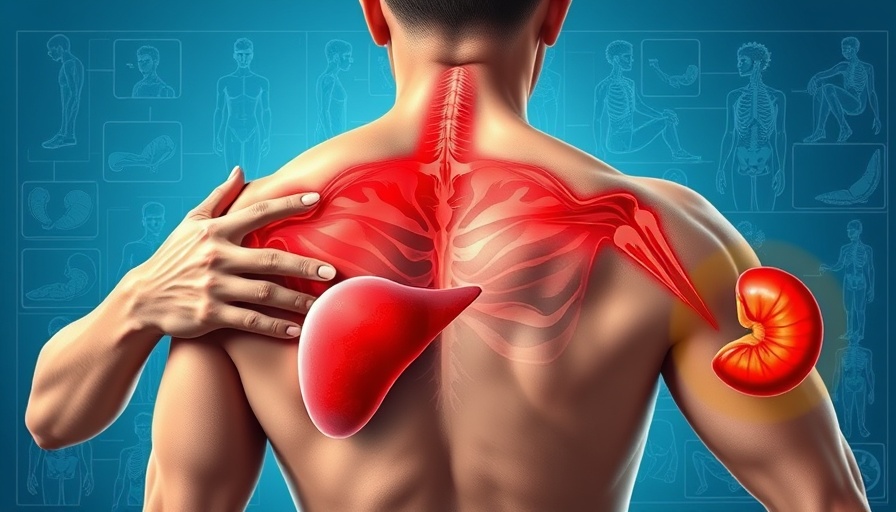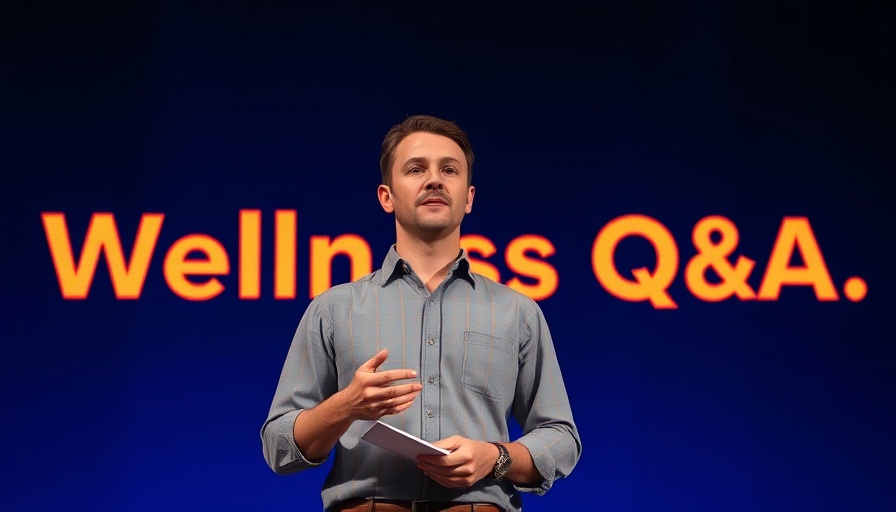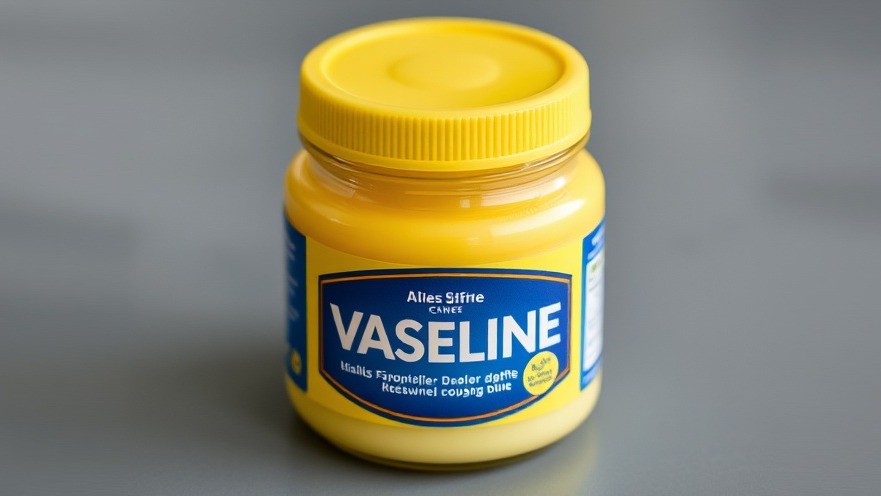
Understanding the Importance of Sexual Health Education for Kids
Many adults can recall their somewhat awkward experiences with sexual health education. Whether it was a stilted talk with parents or a hastily organized session in school, it’s clear that for many, discussions about sex were often surrounded by discomfort and embarrassment. Yet, in today’s society, the landscape is shifting toward a more open and informative approach, one that is essential for equipping children and teens with vital knowledge about their bodies and relationships.
Why Conversations About Sexual Health Matter
Saleema Noon, a seasoned sexual health educator from Vancouver with over 25 years of experience, emphasizes the tripartite importance of sexual health education: protection, prevention, and preparation. Early conversations provide children with the terminology and understanding needed to promote health awareness. Understanding their bodies from a young age allows children to communicate effectively about their health and recognize instances of exploitation or boundary violations.
Creating an Environment for Open Dialogue
For many parents, the thought of discussing sexual health with their children can seem daunting. It's crucial to reframe these conversations away from embarrassment and into the realm of safety and empowerment. Noon suggests that by teaching children about their bodies in a scientific manner, parents can create a dialogue that feels natural and informative rather than awkward. This approach not only helps in conveying accurate information but also builds a trust where children feel comfortable approaching their parents with questions or concerns.
Effective Strategies for Teaching Sexual Health
One effective approach is to engage children as “body scientists,” encouraging curiosity rather than creating shame. Noon advises that early education should focus on scientifically accurate terms, which can offer children a clear understanding of bodily functions, sexual health, and personal safety. If parents don’t address these topics, peers, media, and other less reliable sources will likely fill the knowledge gap, which may lead to potentially harmful misconceptions.
Practical Tips for Parents
Creating an open and informed environment at home begins with communication. Here are practical tips parents can consider:
- Start Early: Introduce basic concepts about body safety, anatomy, and consent when children are young. Adapt the complexity of discussions as they grow.
- Use Appropriate Language: Teach children proper terminologies for their bodies to help them articulate their needs or concerns.
- Encourage Questions: Foster an environment where children feel safe asking questions, knowing that they will receive thoughtful answers.
- Stay Informed: Parents should educate themselves on current sexual health topics to offer accurate information and dispel common myths.
- Discuss Media Literacy: As children grow older, discuss the impact of media portrayals on perceptions of relationships and sex.
The Future of Sexual Health Education
Looking ahead, it’s crucial to continue advocating for comprehensive sexual health programs in schools. Advocates like Noon stress that equipping educators with appropriate training and resources can significantly impact students’ understanding and relationship with sexual health and safety. As communities become more aware of the importance of these conversations, there is a hopeful movement towards removing stigma and ensuring that all young people receive the education they deserve.
Inviting Change: The Conversation Starts Here
Ensuring that future generations are well-informed about sexual health is a community responsibility. Engaging in conversations now lays the groundwork for a safer, healthier future. It is important to advocate for comprehensive programs, whether in schools or community centers, to empower youth with knowledge, foster open discussions, and normalize these essential talks about sexuality, consent, and health.
For parents and educators alike, a commitment to destigmatizing sexual health education will not only inform young people but also help build a culture of respect and safety around these vital topics. Let's work together to ensure that the dialogue surrounding sexual health continues to evolve and empowers our youth.
Start the conversation today – educating ourselves and others can bring about meaningful change!
 Add Element
Add Element  Add Row
Add Row 



Write A Comment